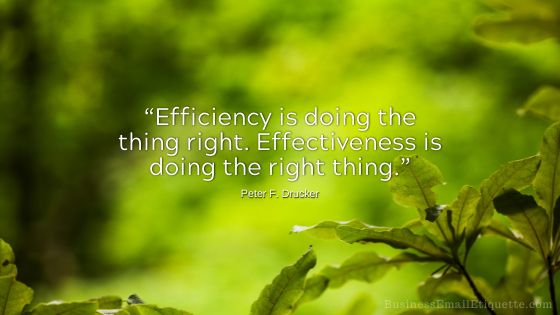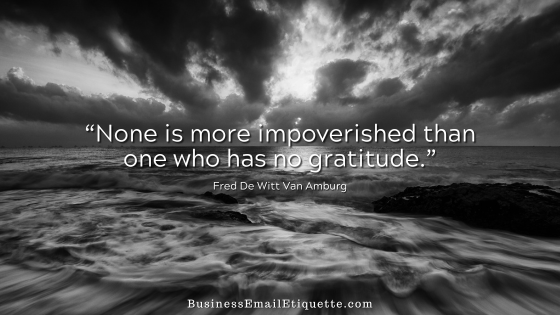Choose Your Method of Communication Wisely

I remember when I was the only person I knew who was excited about email. I would talk the head off of anyone who would listen. Many times to glazed-over eyes. In my small town, when I opened my Internet Studio in 1995, I was known as the “crazy internet lady.” Good times.
Fast forward to 2021, and we can’t live without electronic communications. In fact, you are now the crazy one if you don’t email or text.
Text, Email, Call or Meeting?
A couple of decades under our belt, we are still feeling our way around the best situations to use email and texting. Many thinking electronic communications are a replacement for picking up a phone or scheduling an in-person or video meeting.
Some make their choice based on what they are more comfortable with or what they are only willing to do at the time. Whether it be time constraints, the topic at hand, or in some cases, not thinking it through.
Let’s walk through your options and considerations.
Texting Versus Email
For me, texting is not a very helpful business communication tool. Texting rarely offers me the details I need. Not to mention texts sent outside of business hours — including weekends. That’s why I inform all partners that texting is not a mode of communication for me when it comes to my business.
I can understand how a quick text stating you are running late and on your way would be effective, but beyond that, for my business, experience has proven texting not to be effective or efficient. So I take that option off the table at the start.
Texting for business has its own set of guidelines and constraints. You want to consider these variables before you whip off a blurb to business partners or associates.
It isn’t easy to have an actual conversation with texting. Assumptions can abound, which then could lead to misunderstandings. In most cases, a more succinct and clear email will probably be preferred by the other side. You can then include information and details that would not fit in a text.
Even with email, you can only be effective to a point — and then it’s time to pick up the phone.
Text or Email Versus Phone
There are times when a phone call is the best way to go. What comes to mind is time-sensitive topics such as unexpected customer requests or important issues that are a priority. In these cases, texts would not be sufficient. In addition, you cannot rely on the fact that the other party will check their email in time to get the updated information.
Professional management practices also dictate that under certain situations, you need to pick up the phone. Phone calls help to foster and strengthen relationships while exchanging information and details in real-time.
A few examples where email is inappropriate in place of a phone call, include letting someone know they didn’t get the promotion, a personal issue impacting work, or a contract not being awarded. In this case, sending an email is taking the easy way out. Instead, managers need to rise to the occasion and make that personal phone call.
You’ll know what topics or situations this approach applies to. Just think about how you would want to be notified if the shoe was on the other foot.
A phone call is the right thing to do at a certain point and will help take that business relationship to the next level, mainly when the tone of voice matters.
Text or Email Versus In-Person Meeting
Nothing matches an in-person meeting for important business topics and activities. This is why with the current health concerns, a videocon Zoom meeting is an excellent replacement.
Primarily and most notably when it comes to building customer relationships. An in-person meeting where you can see their face, body language combined with a tone of voice is an opportunity to get to know each other and begin to bond your partnership.
Personnel matters, misunderstandings, or breaking bad news always require in-person meetings. In some cases resorting to texts or emails could be viewed as insensitive. Face-to-face may be more difficult, but it is the right thing to do.
Think… Then Choose
Choosing your method of communication with your business partners can strengthen and build relationships — or reflect a lack of concern or ability to prioritize. Choose wisely.






